Difficult conversations! They are challenging but inevitable, especially in a corporate environment, provided you are a progress seeker. Growth commences the moment we acknowledge our shortcomings and the loopholes in the system. But, how do you reach out to a team lead, a project manager, or a senior executive who shies away from such difficult conversations? How do you foster a work environment where no one is hesitant to raise queries? What are the ways to simplify and encourage difficult conversations at work?
How do conversations shape work culture?
Today the corporate world thrives on teamwork productivity and team cohesion through good communication. It is equally important to address the inadequacies through a free discussion to rectify them and improve performance. But what happens if the workplace does not empower employees to speak up about their shortcomings? What if everyone is too afraid to communicate disappointing results? Such an approach toward work where there is no space for difficult conversations at work creates a demoralizing and toxic work culture, stunting the growth of the organization.
On the other hand, a workplace where every employee, irrespective of their status in the company, can raise queries and discuss the shortcomings of their collective efforts fosters a progressive environment. It builds a positive work culture and empowers all teams working within the organization. Management that considers the employees’ opinions ends up boosting their morale. It makes the employee feel valued, translating into an improvement in productivity and performance.
How can Coaching Help?
Coaching helps a person foster inner positivity and self-confidence. It also improves communication skills. These are important when a person is trying to address a challenging situation. Most team leaders and senior executives or employees shy away from difficult conversations at work because they feel uncomfortable about it.
Why do they feel uncomfortable? That is because they either lack confidence or have poor communication skills. Another reason is a lack of self-awareness which one can boost through coaching.
Attending coaching sessions or learning the art of coaching helps a person rebuild their personality to influence others positively. They can address the most difficult situations seamlessly and yield a workable solution.
Tips to Execute Difficult Conversations Smoothly
Here are a few tips for simplifying difficult conversations at work:
- Before raising an issue and helping others rectify the same, a person should work on self-improvement. Often, a person does not acknowledge his/her shortcomings, leading to speculations and mistrust.
- There must be a safe environment for people to speak up without obligation in a corporate workspace.
- There are easy ways to address a difficult conversation. Start by sharing the facts and telling your story. Follow up by asking their opinions and encouraging them to state them without hesitation.
- Now that you have the problem and the solution in hand, it’s time to create a plan of action along with the others.
Conclusion
Conducting difficult conversations in the workplace is one of the many skills you learn in team coaching. If you want to improve your communication skills through coaching, contact Team Transformation for more details. Find out more about the courses here.









































